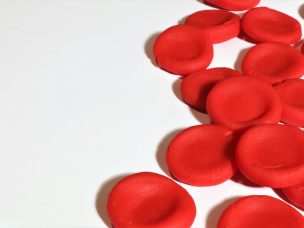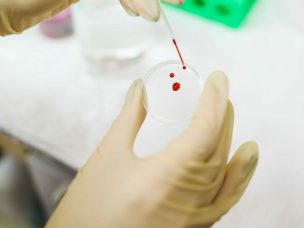Crizanlizumab was effective in reducing the number of priapic events in sickle cell disease patients and was both safe and well-tolerated among study participants.
Priapism, defined as a painful, sustained erection of the penis, is observed in 35% of adult male sickle cell disease (SCD) patients. Priapism is thought to be mediated by vaso-occlusion in SCD. Crizanlizumab, a monoclonal antibody, has been approved by the Food and Drug Administration (FDA) to reduce vaso-occlusive crises in SCD patients.
This study is a primary analysis of the phase 2 clinical trial SPARTAN, which evaluated the safety and efficacy of crizanlizumab in treating priapism in SCD patients for a duration of 26 weeks. The study findings were presented as a poster at the 65th American Society of Hematology Annual Meeting and Exposition.
Study Protocol
The clinical trial included male SCD patients 12 years of age or older. The eligible patients had experienced ≥4 priapic episodes over a 14-week period before the screening and ≥3 priapic episodes over the 12-week screening period. The outcome-related data was acquired from the patients via electronic self-reporting tools. The patients were administered 5 mg/kg intravenous infusions of crizanlizumab on the 1st week, 3rd week, and every 4th week after that.
Baseline Characteristics
A total of 36 patients were enrolled in the SPARTAN trial, with a median (range) age of 29 (14–58) years. Most of the patients had the HbSS genotype of SCD, and approximately 58.3% were taking hydroxyurea. The majority of patients reported having priapic episodes for a duration of 1–5 hours.
Reduction in Frequency of Priapic Events
The median percent decline in the priapic events from the baseline was 46%. Approximately 77.8% of the patients experienced a reduction in priapic events after treatment with crizanlizumab. The percent reduction was significantly greater among patients with ≥22 baseline priapic episodes.
Treatment-Emergent Adverse Events
Headache was the most common treatment-emergent adverse event (TEAE) among the study participants. The treatment was found to be safe and well-tolerated.
Source:
Idowu, M. (2023, December 9). Primary Analysis of Spartan: A Phase 2 Trial to Assess the Efficacy and Safety of Crizanlizumab in Patients with Sickle Cell Disease Related Priapism. https://ash.confex.com/ash/2023/webprogram/Paper179042.html










